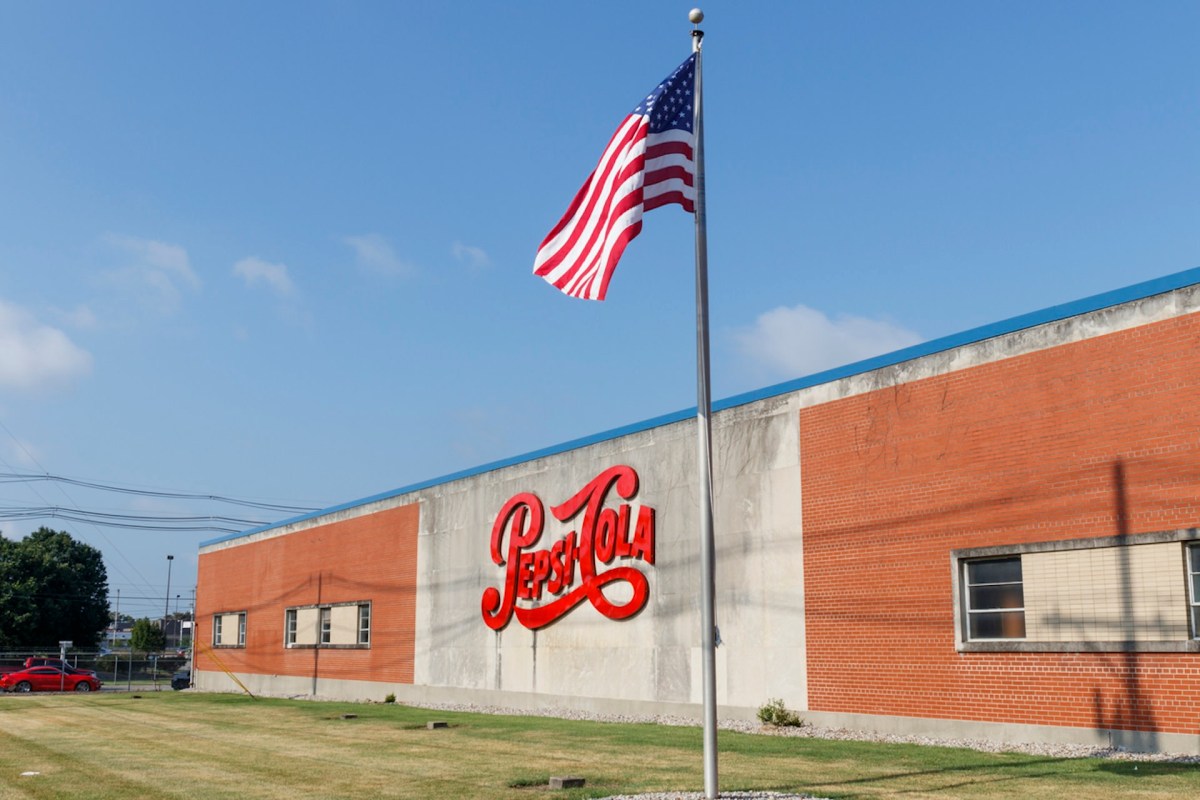New York state officials have claimed that litter bugs are not solely responsible for polluting the water supply.
The state has filed a lawsuit against snack food and beverage giant PepsiCo, alleging the company is partially responsible for the trash simply by creating so many throwaway bottles and bags, according to a story by the Associated Press.
The state is seeking "financial penalties and restitution," claiming PepsiCo is a "public nuisance" by producing large volumes of food and drink containers, some of which end up as flotillas of junk in the Buffalo River. The river was considered one of the country's most polluted waterways, but the AP reported that it has been cleaned up in recent decades.
To support the claim, Attorney General Letitia James said officials collected river trash at 13 sites to determine its origin. PepsiCo (based in New York) was the leading source at 17% of the nearly 2,000 pieces of garbage gathered. According to the AG's survey, PepsiCo plastic "was three times more abundant than the next highest contributor." In addition to cola, the company also produces Frito-Lay foods and a host of other products.
"No company is too big to ensure that their products do not damage our environment and public health," James said in a statement from her office.
For their part, PepsiCo officials told the AP that the company is "serious" about recycling and waste reduction.
The company lists ambitious goals, with benchmarks to be met by 2025 and 2030, including, as they said, "100% of our packaging to be recyclable, compostable, biodegradable, or reusable" by 2025.
But, the AG claimed PepsiCo has "misled" the public regarding its progress, even increasing the amount of new plastic used.
Plastic waste is a problem piling up in almost every corner of the world. We create about 386 million tons of plastic waste a year, which takes up to 500 years to degrade, per data collector Statista. Nanoplastics, small plastic particles, have even been found in human blood. The health impacts are being studied.
In New York, the AG reported that microplastics are in Buffalo's city drinking water and even in fish that were examined.
"We will not sit idly by as our waterways become polluted again, this time from ever-growing single-use plastic pollution," James said in the AP report.
Join our free newsletter for cool news and actionable info that makes it easy to help yourself while helping the planet.









